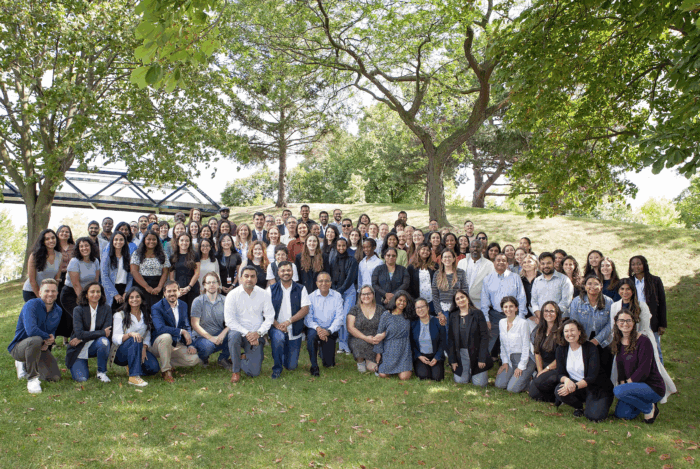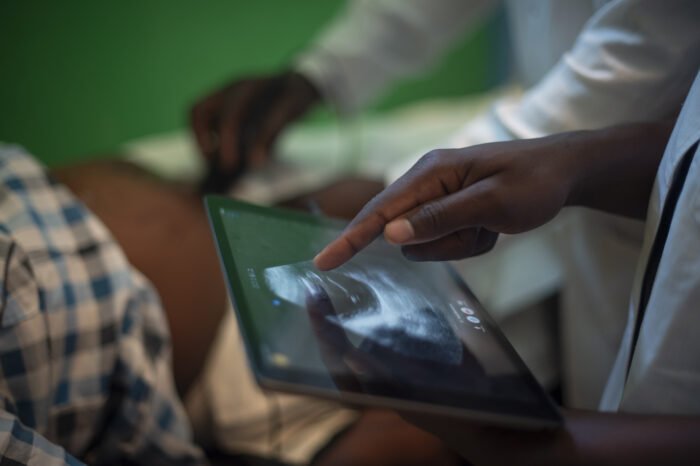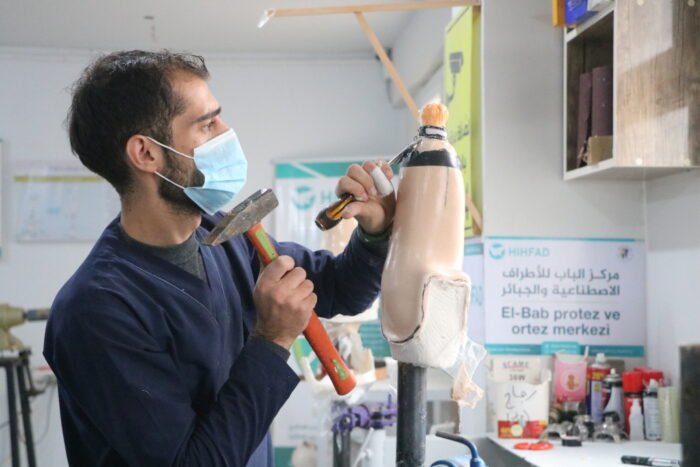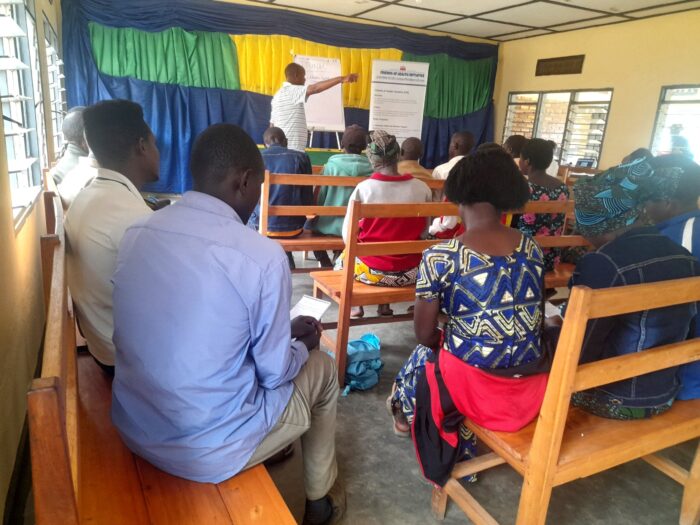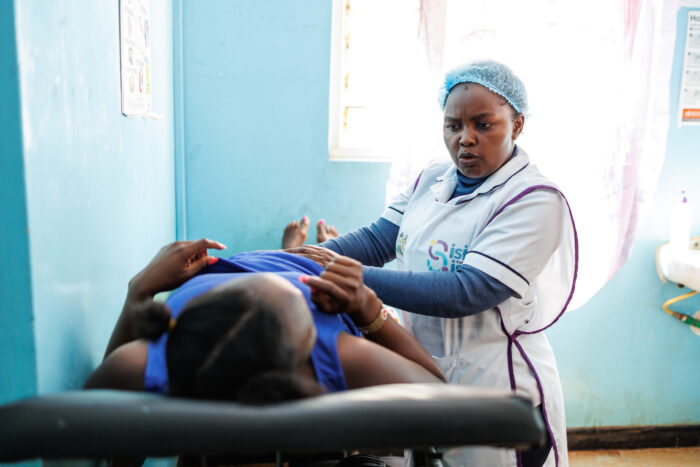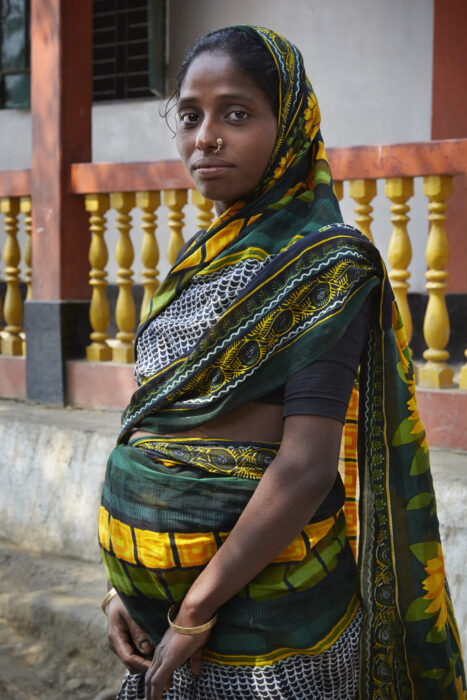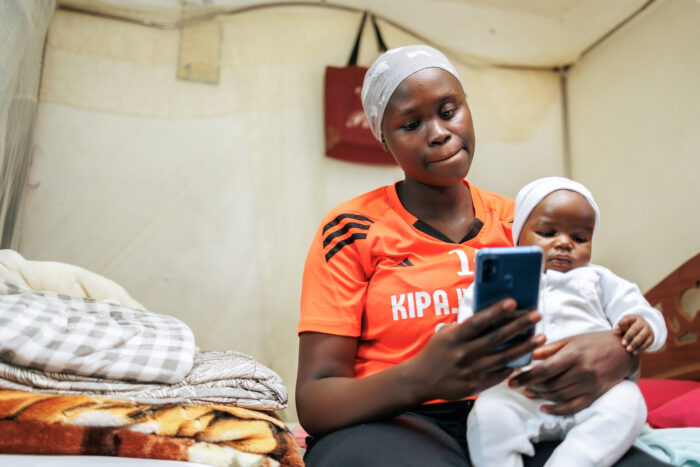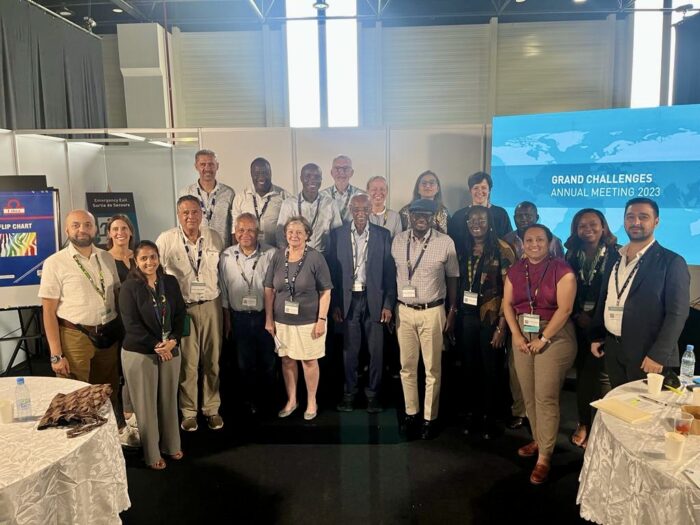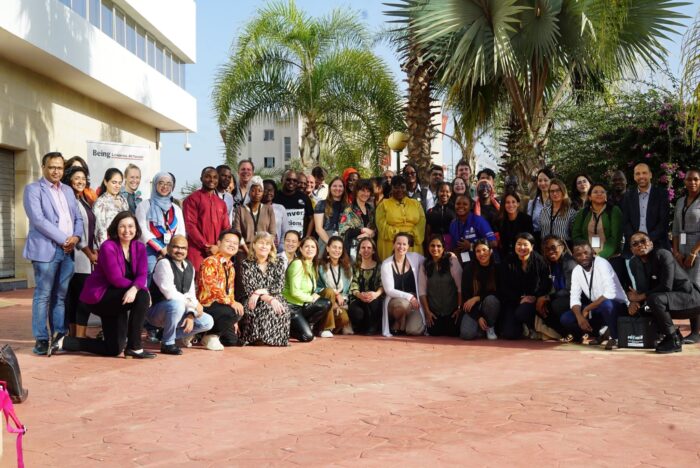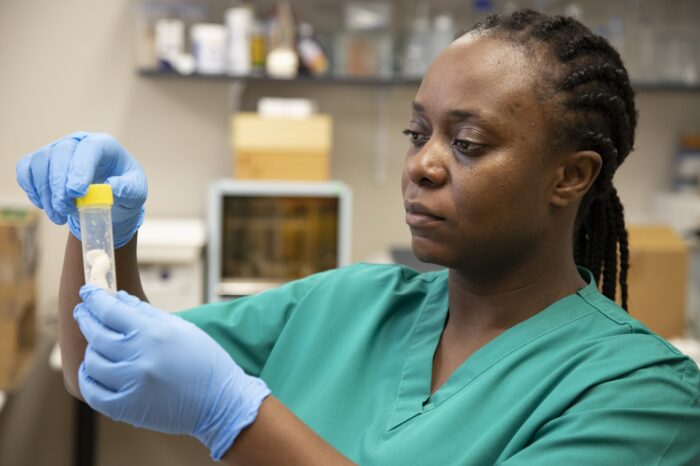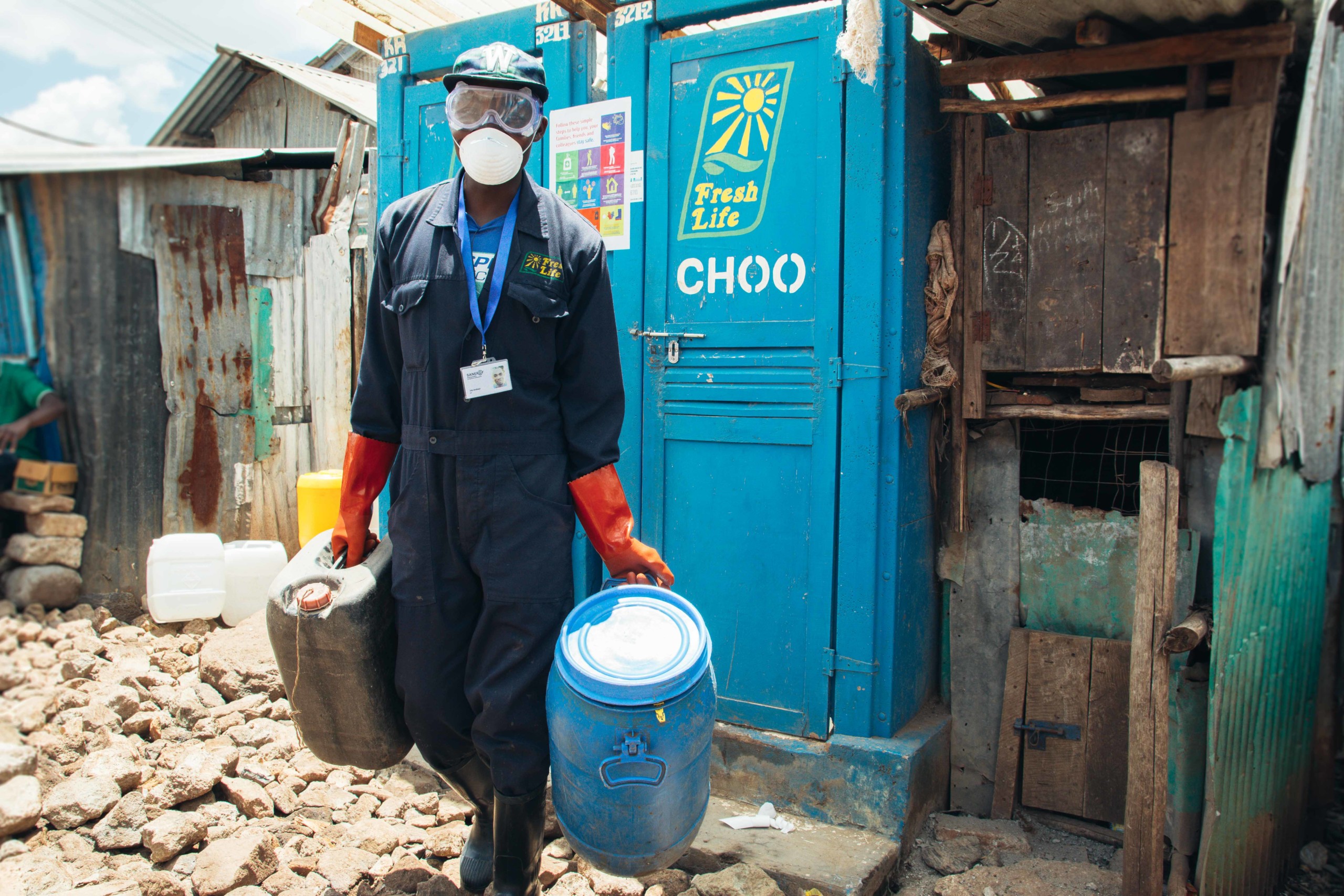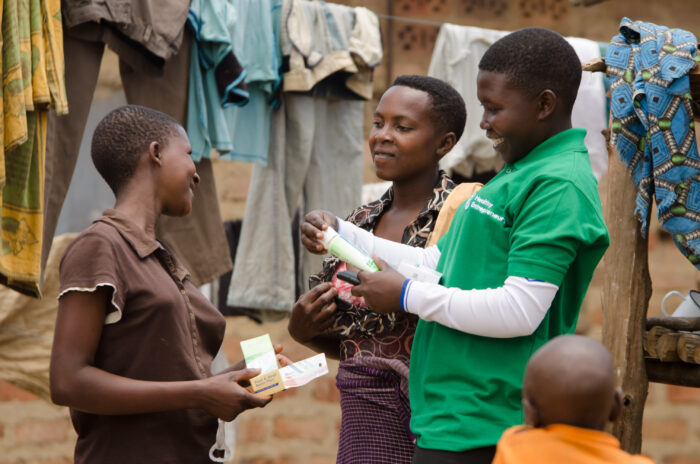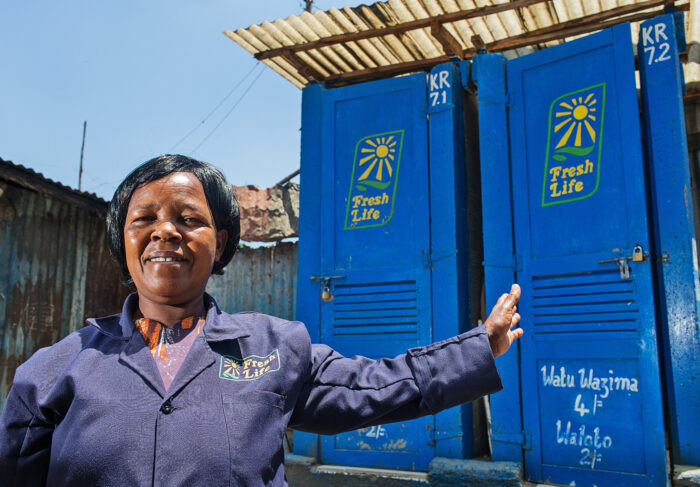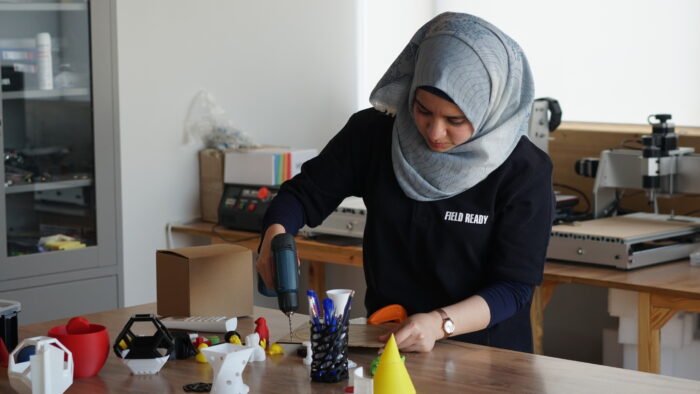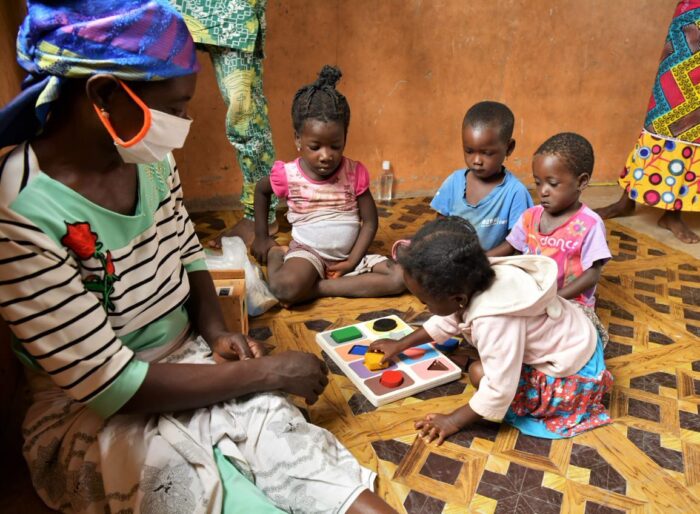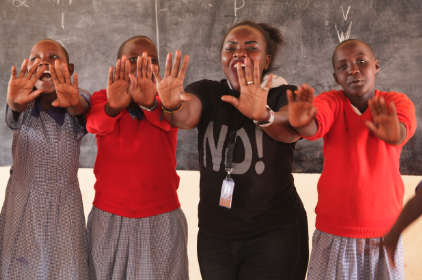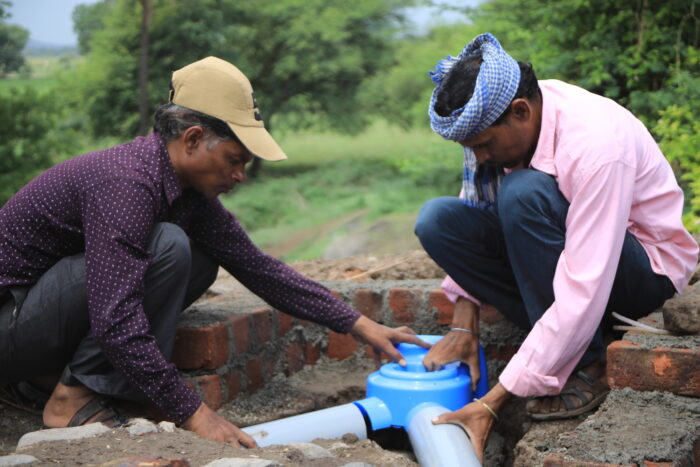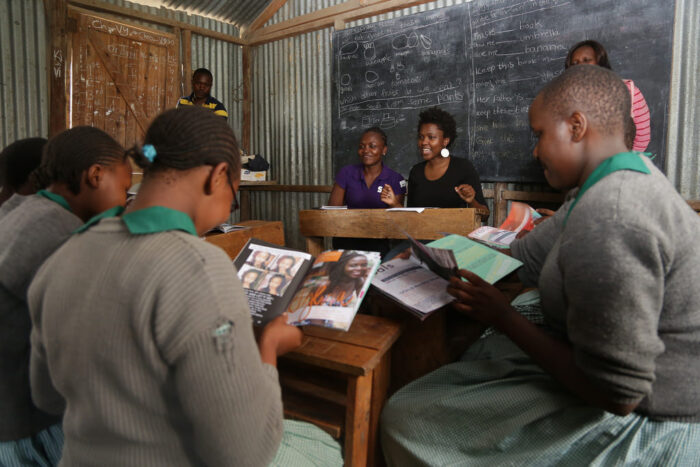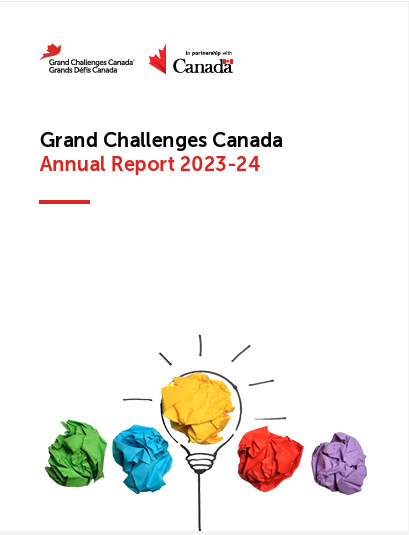When one thinks about health challenges in developing countries, diseases like HIV/AIDS, malaria, tuberculosis and other tropical diseases quickly come to mind, but few think of mental health. In fact, three-quarters of those afflicted with mental disorders live in developing countries. Mental disorders are a leading cause of disability globally and represent 14% of the global burden of disease. Despite the enormous health burden, it remains one of the most neglected diseases.
The short film by Delaney Ruston, an award-winning documentary filmmaker, brings to light the importance of mental health care in developing countries by capturing the personal struggle of Buyiswa, a single mother supporting her family while suffering from depression and bipolar disorder. I had the opportunity to meet Delaney in Cape Town, South Africa at the African Footprint in Global Mental Health conference as she embarked on the challenge of shooting a film that would capture these untold stories. Driven by her passion to raise awareness of the severity of these issues, Delaney partnered with local researchers entrenched in one of the largest townships in Cape Town to learn more about these stories. While Buyiswa’s story is one of hope, an estimated 85% of those suffering from severe mental illnesses in developing countries do not receive needed treatments.
Grand Challenges Canada is dedicated to supporting bold ideas with big impact in global health. In July 2011, Grand Challenges Canada announced $20 million in funding for bold, transformational proposals to improve mental health treatment, expand access to care and reduce the stigma in developing countries. Our objective is to support the development of solutions that are effective, low-cost and accessible to those that need them most.
Grand Challenges Canada’s funding aims to tackle some of the top priorities for research in global mental health that were identified by a study led by the Sandra Rotman Centre, the US National Institute of Mental Health and other global partners published in the July 7, 2011 issue of Nature (Grand Challenges in Global Mental Health article). This article is a call for urgent action and investment to which Grand Challenges Canada responded wholeheartedly with funding.
Buyiswa believed she was alone in her struggle with mental illness and her symptoms were misunderstood by her family until she sought appropriate help to understand and manage the symptoms. Many others suffer in silence, are stigmatized, discriminated against or are isolated by being tied to trees or locked in rooms as the only option available for families to cope. I recall a story told to me by a mental health researcher I met in Tanzania about family he visited in a rural village. He vividly remembers asking the father, “How many children do you have?” The father responded, “I have four children”, paused and continued, “and the other one.” The researcher asked to see the children and only four arrived. When the researcher asked about the ‘other one’ the father pointed to a locked shed where the boy had spent most of his life isolated and without treatment. This family and others like them need new and better options for improved and accessible treatment and care.
Grand Challenges Canada is committed to addressing these inequities and is in the process of funding potential solutions to some of the most critical issues in global mental health. Grand Challenges Canada plans to announce these projects in Fall 2012.
You can connect with Pamela Kanellis on Twitter on @Pamela_Kanellis
